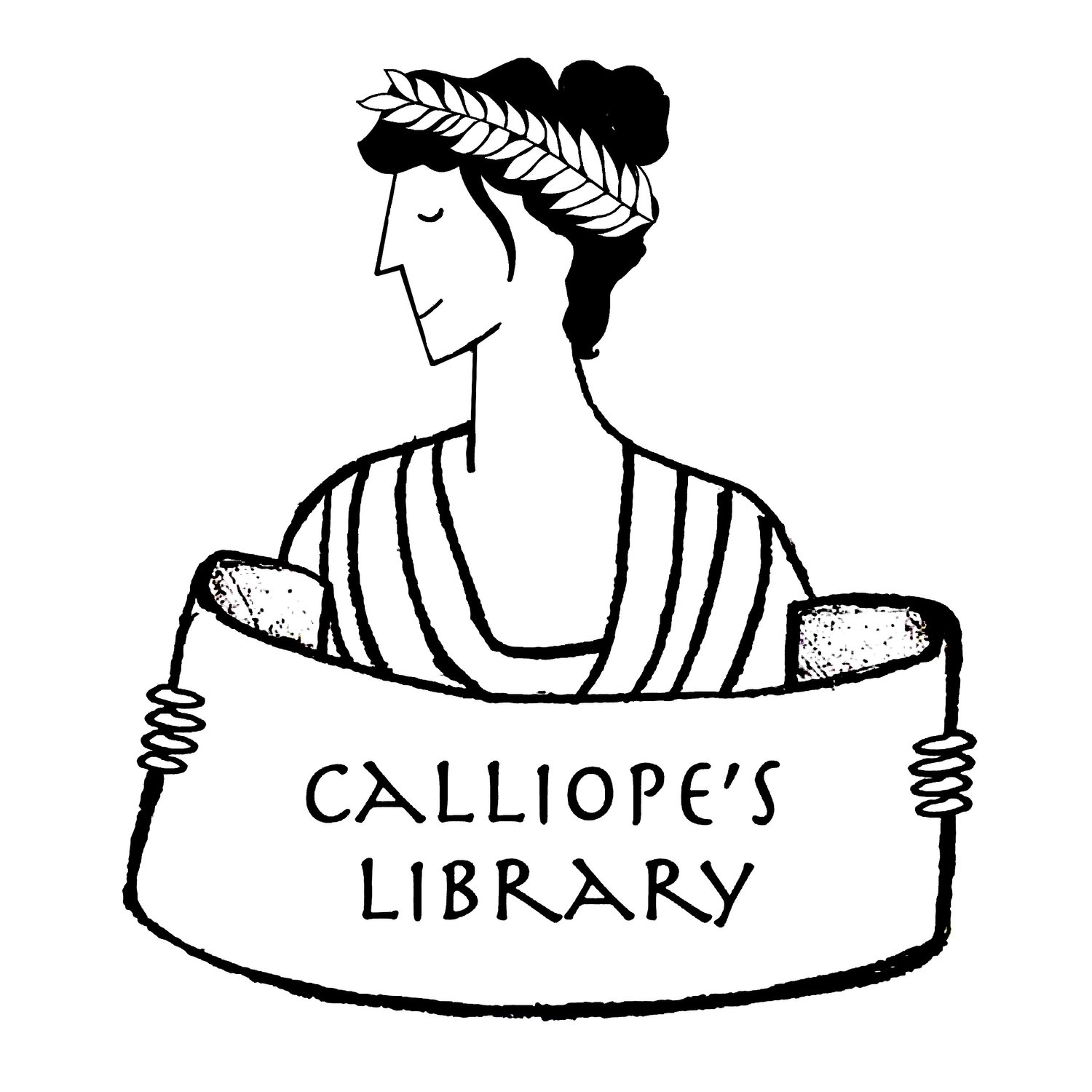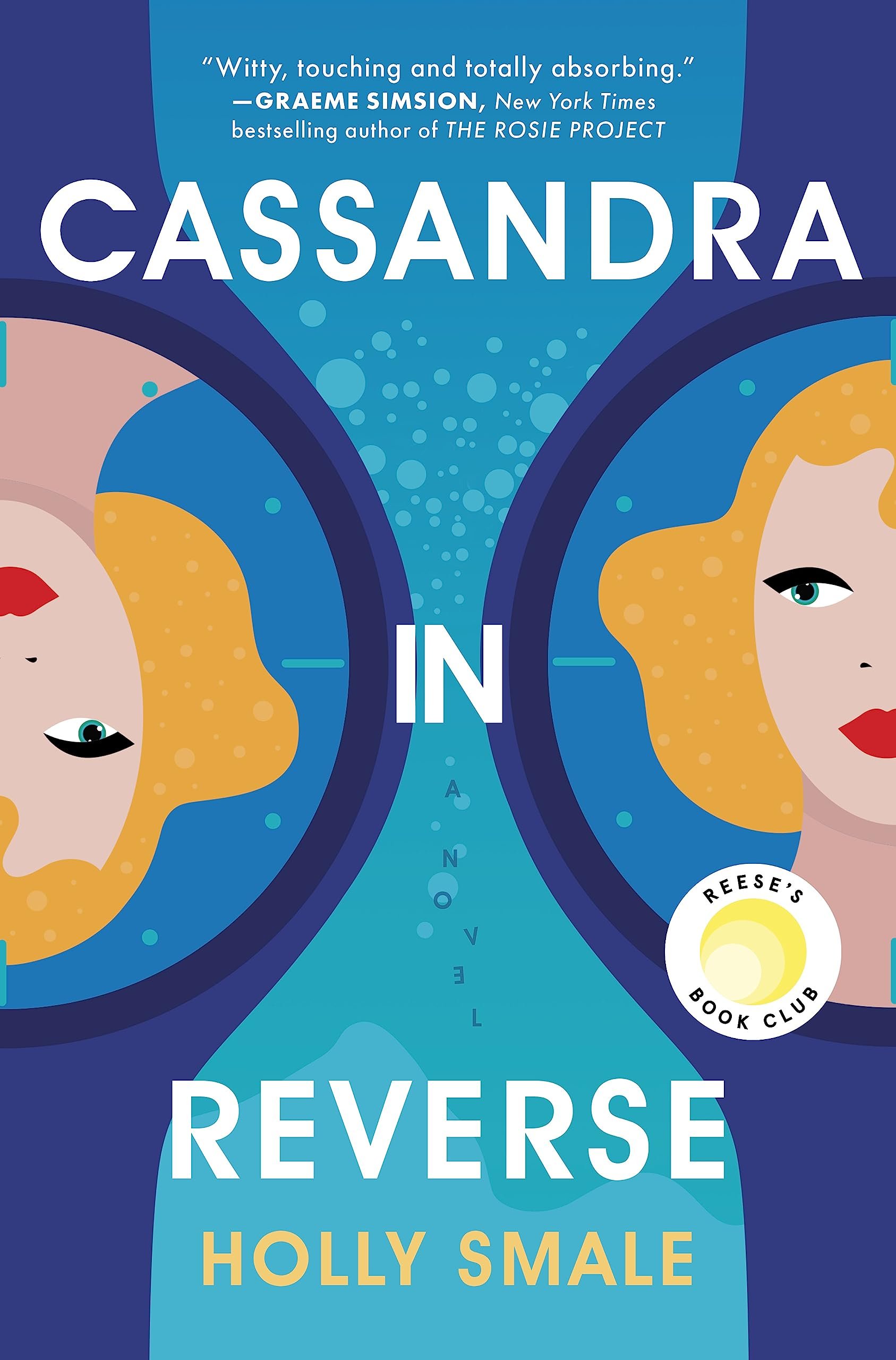Title: Cassandra in Reverse
Author: Holly Smale
Date: 2023
Tags: New adult, Novel, Mythology, Cassandra, 21st century worlds, Female lead, Neurodiverse, Lead with Autism, Lead with synesthesia, Time travel
Holly Smale has written a compelling first-person magical realist novel that follows the adventures of a Greek-mythology-loving young woman who has autism, as she learns to navigate social situations. Smale is very careful to specify in her acknowledgements that neither she nor her character represent all people with autism: “We are simply individual voices in a choir of millions of amazing neurodivergent people.”
The book begins with Cassandra Penelope Dankworth explaining that she has just been dumped by her boyfriend of four months and fired from her job in public relations. As the morning unfolds, Cassie finds herself unable to avoid a meltdown-turned-blackout when her immediate surroundings spiral into increasingly unpredictable pandemonium. When she regains consciousness, after a set of bewildering interactions, she realizes that she has somehow traveled backwards in time, and she eventually decides to use this newfound ability to try to save her relationship and her job. In the process of trying to fix errors she has made at work and home; Cassie finds that repeating social situations multiple times allows her to rehearse and revise how she speaks and helps her to start interpreting others’ verbal and non-verbal communication with decreased anxiety and greater understanding. Cassie perceives emotions through the synesthetic experience of colors, and she has many rituals to help her navigate her days, yet she herself does not realize that she has autism, although other characters in the book recognize her behaviors as characteristic of neurodiversity. Characters throughout the book call Cassandra unlikable and disconnected, but I find her both likable and exceedingly vulnerable as she narrates her own story. Cassandra is an expert on Greek mythology, having been raised by a Cambridge scholar of Classics, and she relates the majority of her experiences to a plethora of characters and episodes from mythology, not the least of which is her self-identification as a sort of prophet, à la the original Cassandra. As a time traveler, she knows what the future brings, at least when she herself has not altered it. Semi-spoiler: in distinction to the original Cassandra, Cassie rejoices when she eventually does persuade one person of the truth of her predictions.
Although Cassandra is thirty-one years old, this book operates as a coming-of-age novel. Cassandra learns about herself in the way we might expect a new adult to be learning, in large part due to a ten-year-old trauma which she gradually unravels. There is some sexual content in this book, but nothing beyond what a reader might find in other YA and NA titles. Ultimately, the psychological element of this novel, as portrayed through repeated social encounters, the discussion of emotion as color, and mythology, provides a fascinating perspective on a character that we very much want to see successful and happy. -Nava Cohen


